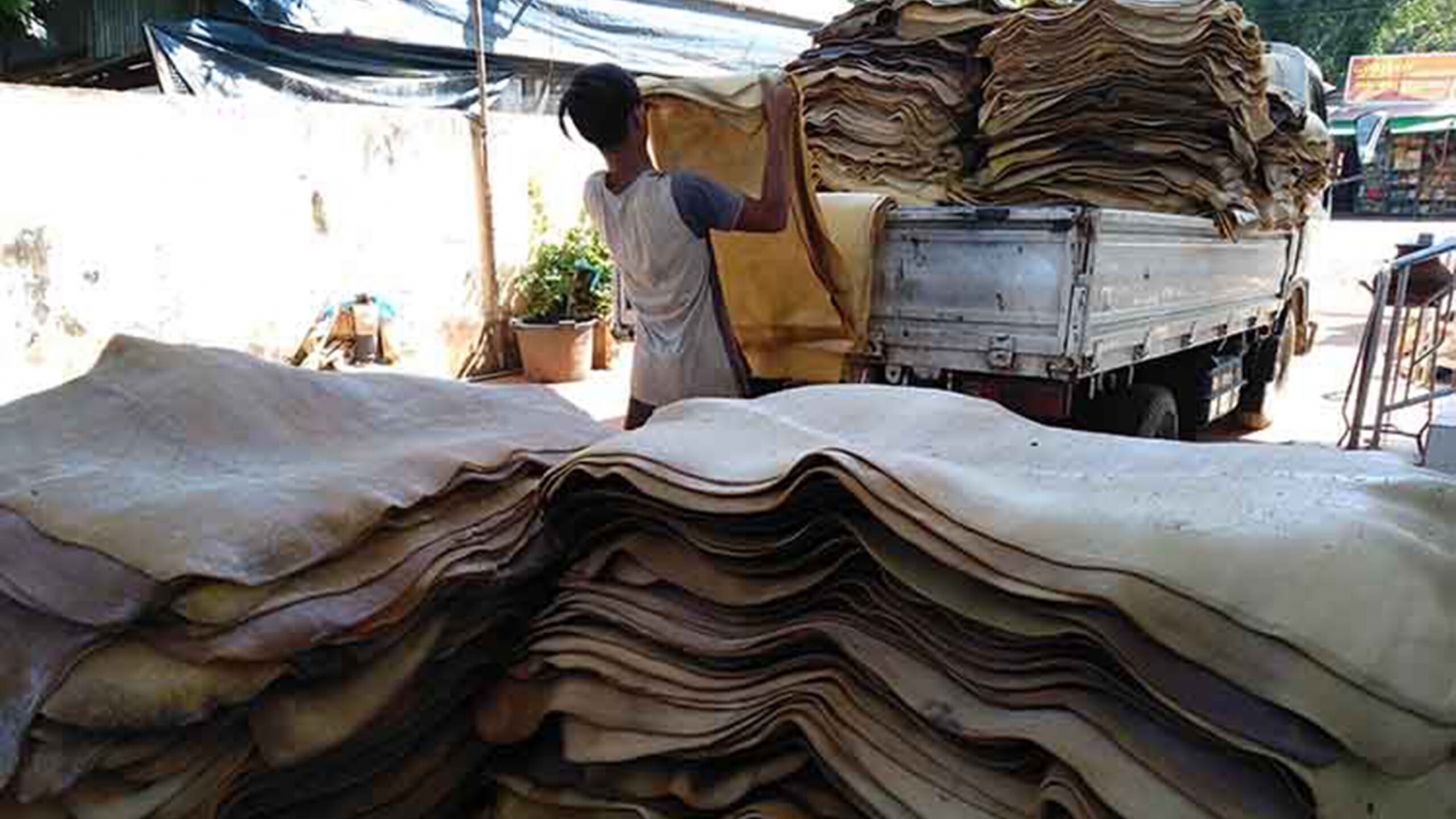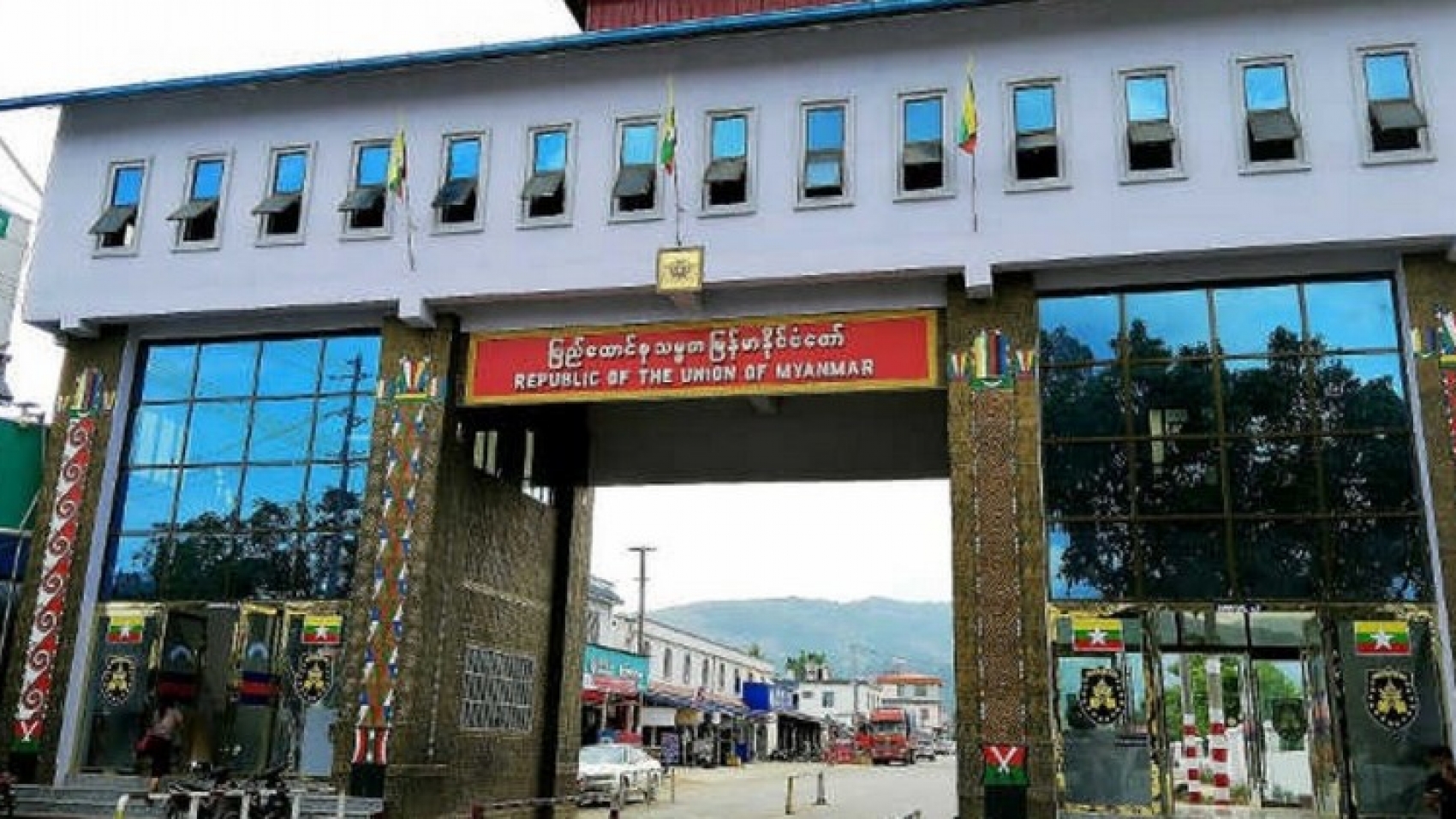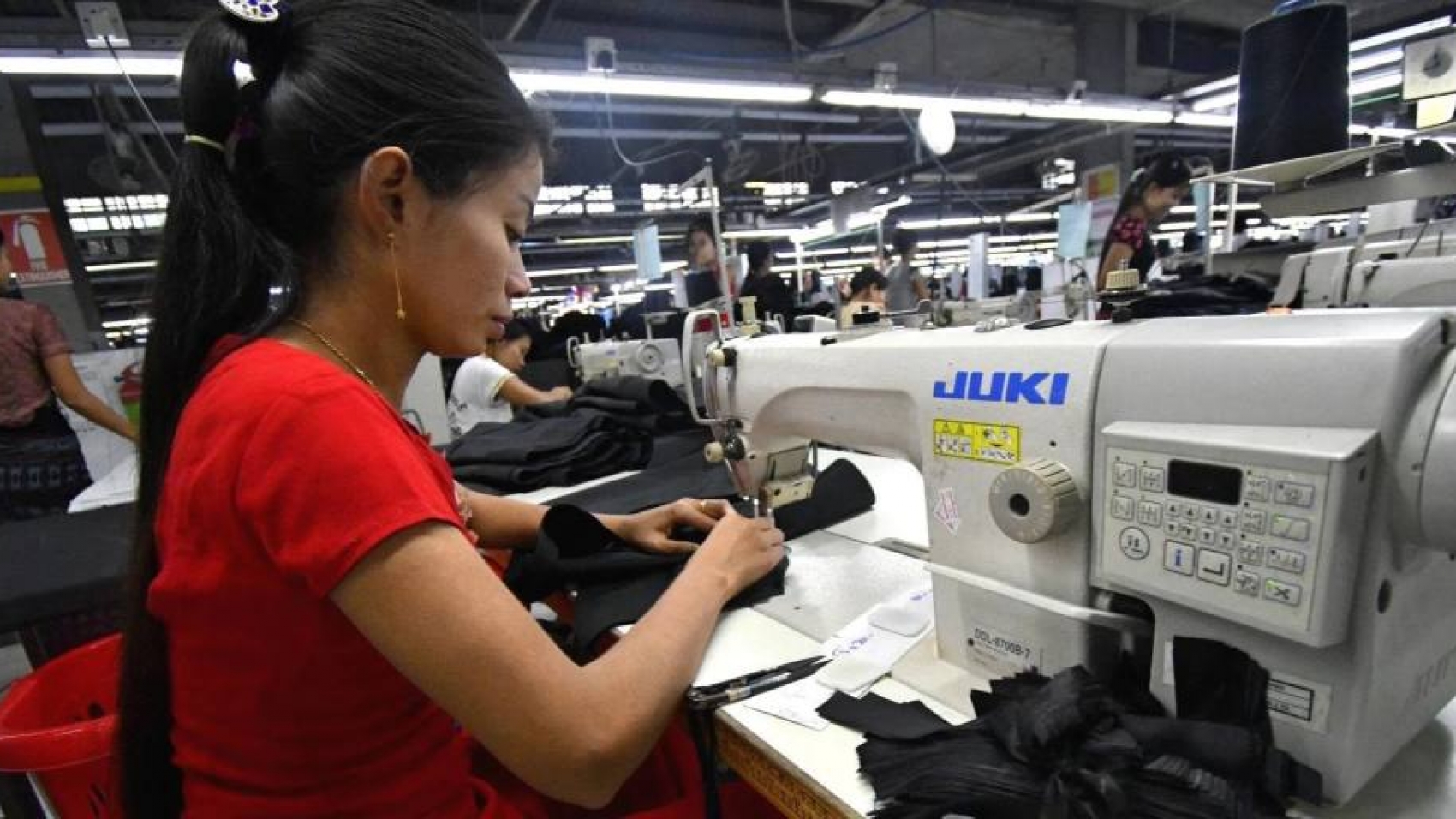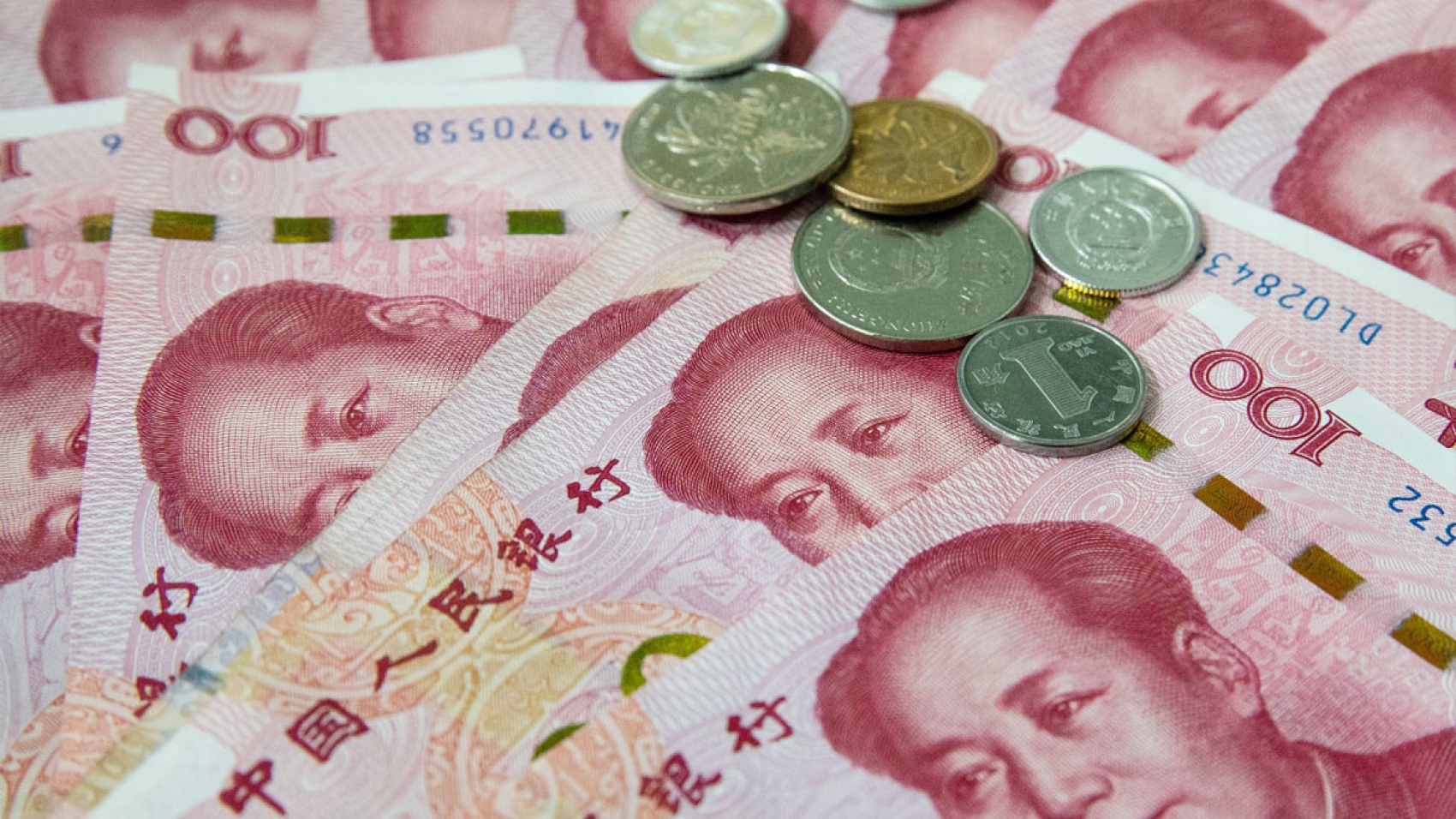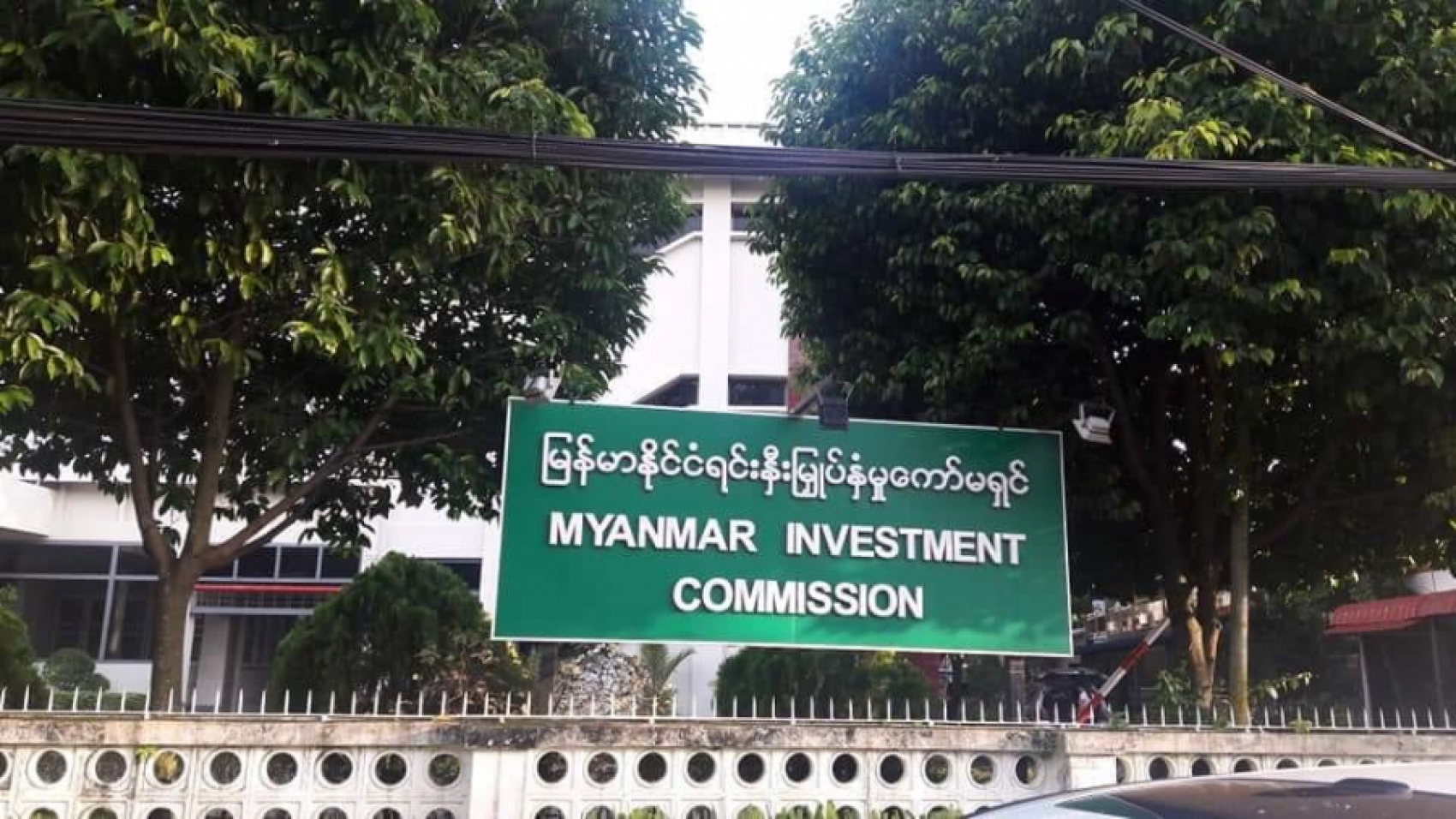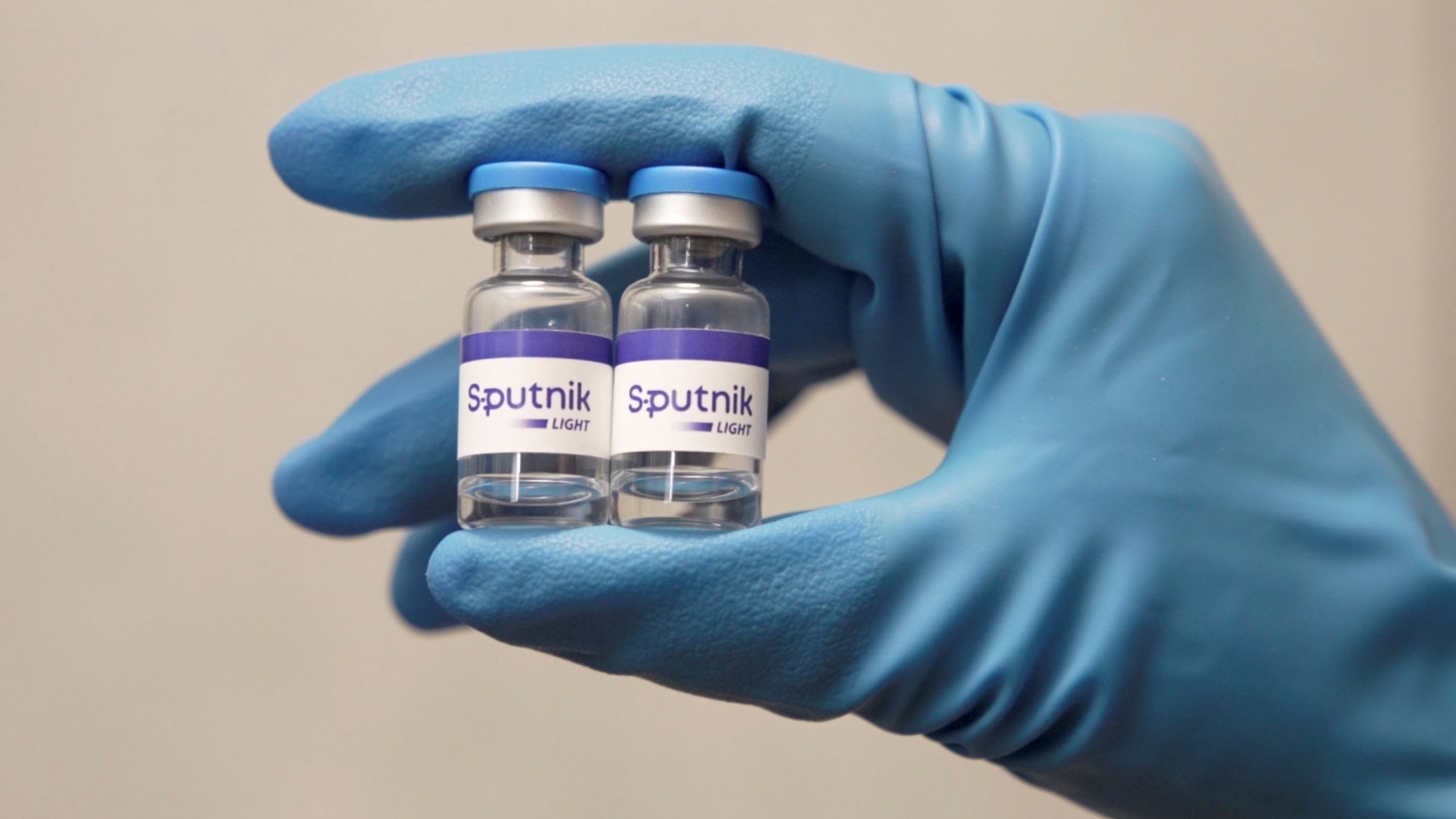The Central Bank of Myanmar (CBM) sold US$15 million at its FX auction on 20 January 2022, bringing a total number of sales of $65 million in January five times, according to a statement of the CBM. The Central Bank of Myanmar sold $15 million each on 7, 12 and 20 January and $10 million on 13 and 14 January.
According to monthly purchases and sales of US dollars from January to December in 2021, the CBM sold $6.8 million in February 2021, a foreign exchange auction, but did not sell in March., The CBM sold also $12 million in April, $24 million in May, $12 million in June, $39 million in July, $28 million in August, $63 million in September, $110 million in October, $31 million in November and $118 million in December.
The CBM is conducting an auction for foreign exchange to reduce the fluctuation of foreign exchange rates in a short-term period and fulfilling the needs of foreign exchange reserves. Rules and directives have been set out for the CBM’s auctions. Following these rules and directives, the CBM is trading the foreign currency with three State-owned banks, 19 local private banks and 13 foreign banks, which are holding authorized dealer-AD licences. This CBM’s move is aimed at governing the market volatility and strengthening the local currency value.
Source: The Global New Light of Myanmar

